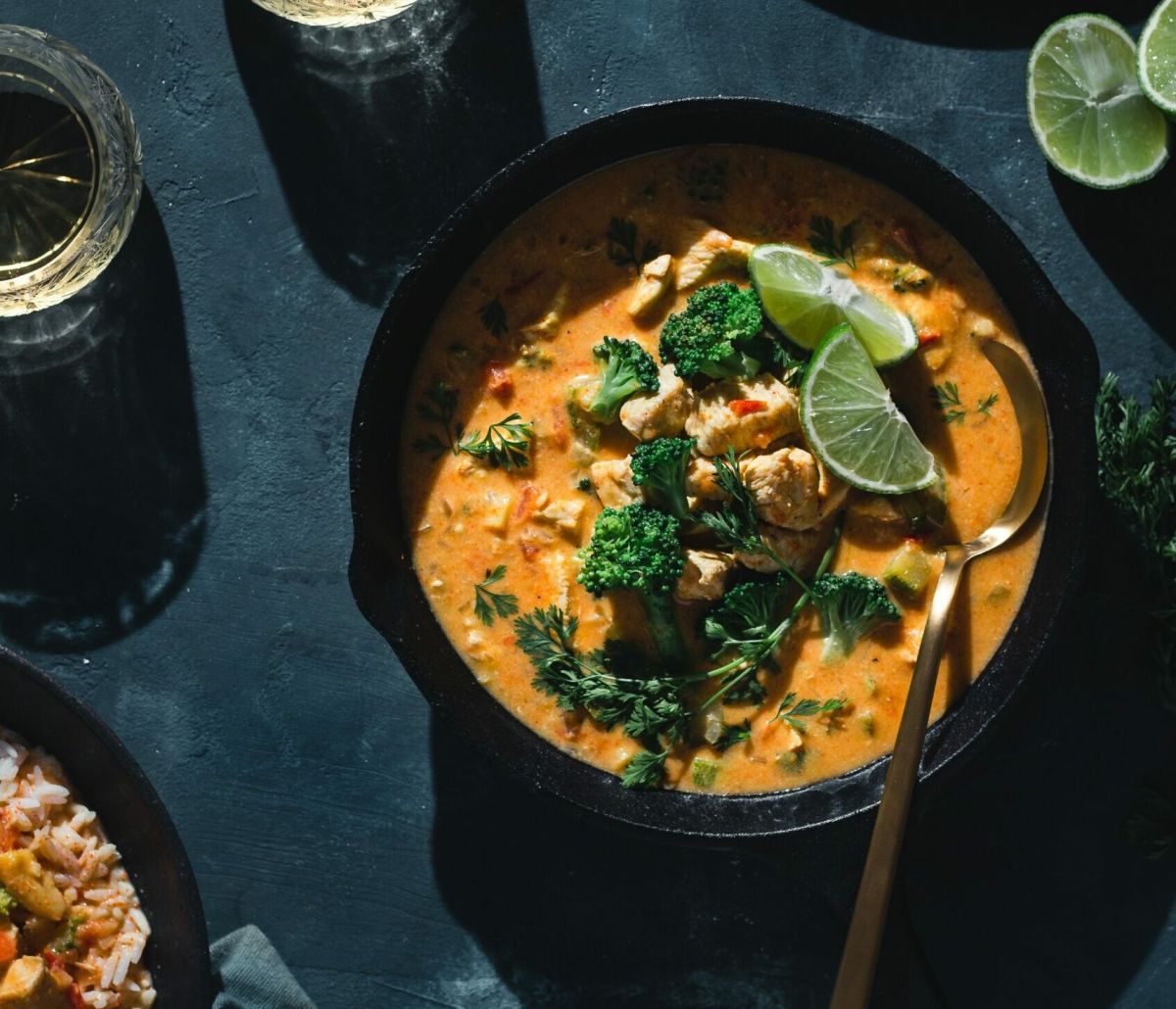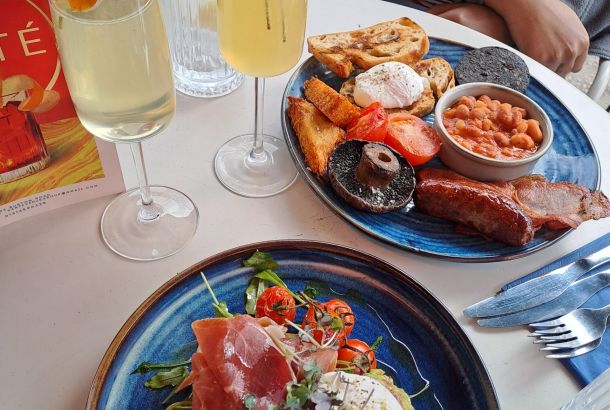What even is curry? A colonial misunderstanding we’ve never been able to shake

“Do you eat curry?” is a question I’ve been asked so many times throughout my life. Many of my friends were hesitant to ask, maybe because they knew the incoherent connotation behind the word but still wanted clarification to satisfy their curiosity.
Although harmless, I couldn’t help but feel a twinge of vexation at the question, but then I would think to myself, ‘What actually is curry?’ Maybe my annoyance stemmed from the fact that I never knew how to answer that question because there is no such word in any official Indian language.
I would always resort to a defensive, “We don’t eat curry because that’s not Indian food.”
Grappling with this question for so long, I decided to go on a journey to educate myself to better understand how to use this word and hopefully save many South Asians from that awkward pause of confusion.
The history of curry began in the early 1500s when Portugal first captured Goa, India. Food historian Lizzie Collingham found that when the Portuguese would ask the Indians what they were eating on many occasions, they would reply by saying ‘Khari’ or ‘Caril’.
However, upon further research, I found that there are some conflicting opinions on the origins of the word curry as other historians believe it comes from the word Kari, from Tamil Nadu. Ultimately, it is most probably a blanket term coined by the British when they colonised India.
The reason I don’t know how to navigate this word is because from dry stir fry dishes like aloo gobi (a spiced potato and cauliflower dish) to a liquid dish like Sambar (a vegetable and lentil stew), all fall under curry – it’s such a vague term.
In my opinion, some Indian dishes cannot be translated. Those who are bilingual or speak multiple languages will understand that some words simply cannot be translated because they have no English equivalent. Even if you are able to find a translation, often it doesn’t do it justice. Even when trying to describe aloo gobi and Sambar in English, I struggled before taking inspiration from Masterchef and using adjectives like spiced and descriptions like stew. Calling Sambar a stew just doesn’t feel right.
Nevertheless, the umbrella term of curry can simplify things. In this effort to increase ease, I fear we might lose the opportunity to share our foods authentically with the world. Only a handful of my non-Indian friends can name Indian dishes by their actual names that aren’t butter chicken or naan. They simply equate all Indian food to curry, which I don’t fault them for. It’s a two-way street that got us to this point.
Instead of resorting to calling all Indian dishes curry, maybe they should be called by their original names. Perhaps it’s time to accept that some words cannot be translated.
However, I can understand that this may be difficult and inefficient for everyone in everyday life. While researching and writing this article, my annoyance towards the word curry lessened. Coming from Hong Kong as somebody who doesn’t speak Mandarin or Cantonese, I personally have not visited restaurants to try dishes I really wanted to because I could not say their name. As it’s such a daunting experience, I would wait for one of my friends to take me instead.
Suppose the existence of the umbrella term of curry means a non-South Asian can walk into an Indian restaurant and confidently try a new dish. In that case, I can accept this word into my vocabulary despite its vagueness.







